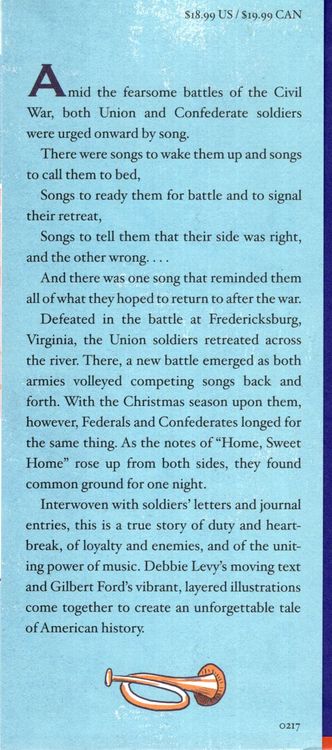


Today, if someone says nurse, most people think of a woman, she says. ∻ringing women into nursing was this great thing, but it had this price that we are still paying, says Barbara Maling, RN, PhD, associate professor at Longwood University in Virginia, and author of many articles on Civil War nursing. Nearly eight years after the wars end, the first American nursing schools modeled after Florence Nightingales schools in England accepted only women, almost all of them white. But post-war, those exciting stories of wartime nursing heroines helped convince Americans that women were more naturally suited to care for the sick. During the war, a diverse group of men and women cared for wounded and dying soldiers. But the birth of the profession had its pangs. It also convinced Americans in powerful places of the value of creating a trained nursing force to provide care in military and civilian hospitals. The work of Civil War nurses proved that contrary to Victorian notions of the time, women could provide excellent care for men they werent related to without damaging delicate sensibilities or reputations, say nursing and Civil War historians. Schultz, PhD, professor of English, American studies, womens studies and medical humanities at Indiana University-Purdue University Indianapolis, and the author of Women at the Front: Hospital Workers in Civil War America and This Birth Place of Souls: The Civil War Nursing Diary of Harriet Eaton. The Civil War launched the profession of nursing in the United States, says Jane E. Phoebe Pember doing the same in the South, sometimes with the help of a pistol she kept in her pocket.

Dorothea Dix and Mary Ann Bickerdyke defying male surgeons and administrators to make sure their nurses and patients got the respect and resources they deserved. Sally Tompkins, a captain in the Confederate army, insisting on absolute cleanliness in the hospital she ran in Richmond, Va. Louisa May Alcott bringing water to crying soldiers, cradling their heads in her arms, scribbling as they dictated letters home. Vivid, dramatic images of Civil War nursing spill from history books into the American psyche: Clara Barton, her apron soaked with blood, working tirelessly beside surgeons as they amputated arms and legs.


 0 kommentar(er)
0 kommentar(er)
